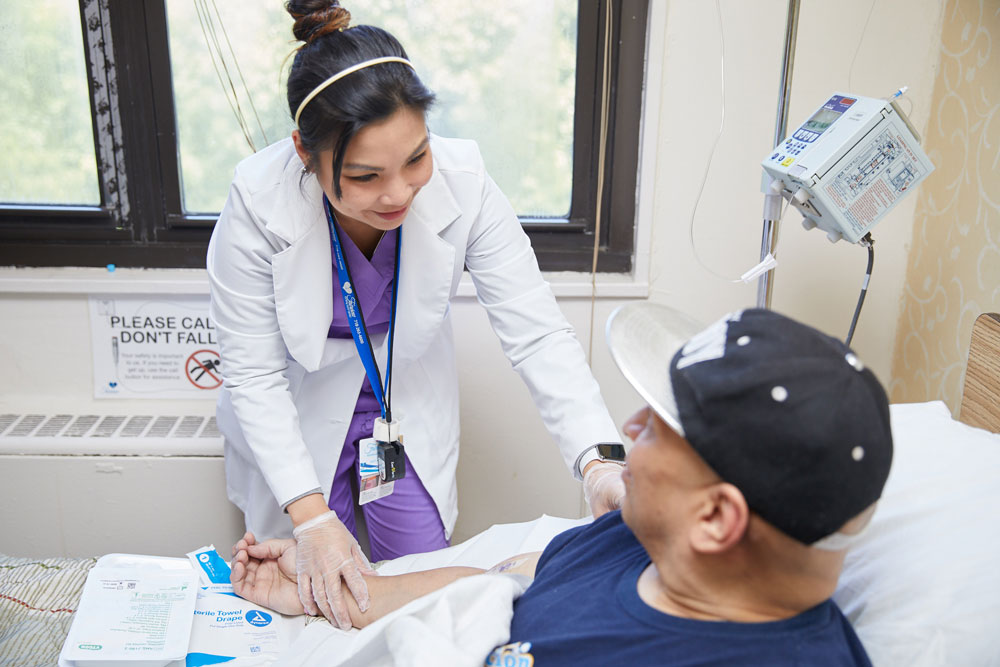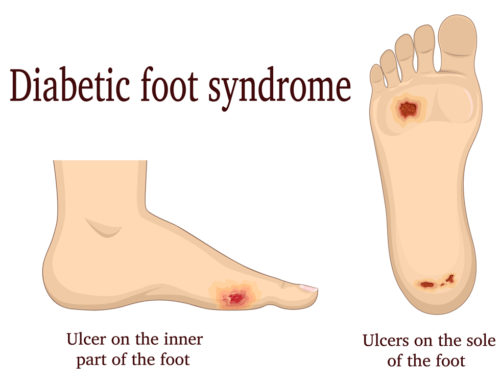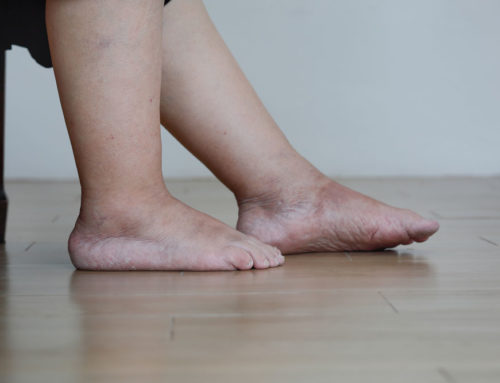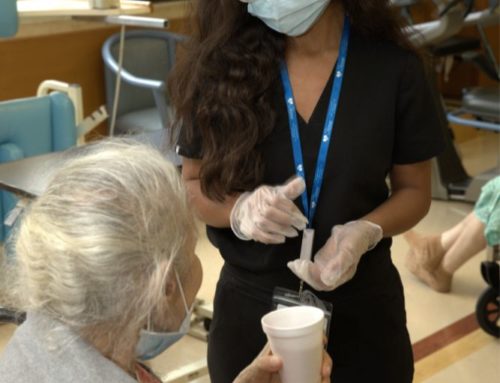How Long Does a Hip Infection Take to Heal?
Infectious diseases anywhere in the body can be painful. Patients who are suffering from hip infections often wonder how long it will take until normal mobility returns and pain subsides. So how long does this kind of infection take to heal, and how do they occur in the first place?
If health complications are caused by an infection, the recovery may take longer. We will discuss the seriousness of the infection and why you’ll want to seek treatment for infectious diseases right away to avoid long term issues with your infected hip. Let’s learn more about infectious diseases and when your health will be back to normal.

How Serious is a Hip Infection
This type of infection can be serious. The bone and cartilage within the hip may suffer permanent and further painful damage. You’ll need to seek treatment immediately. You nor your doctor want the future pain and mobility issues that come with a hip joint deeply impacted by an infection.
Thankfully, you’ll probably notice this infection before it gets too serious. While you may experience occasional hip pain on a regular basis, it shouldn’t be persistent or involve inflammation. Redness or swelling are signs that your hip could be infected and need medical attention.
Noticing a hip infection helps increase the chance of rapid healing.
How long will healing take?
We hope you fully heal within about 6 weeks or less. The end of the healing process results in an infection-free hip that has a full range of motion. You’ll be ready to go for long walks again soon.
A younger adult might heal differently and could be out of the hospital within 4 to 5 days after receiving proper and prompt treatment.
In some cases, a severe hip infection will take additional time. Consider 12 weeks the potential timeline for a completely healed hip infection that developed fast or grew extensively.
Your length of time for healing depends on how soon you see a doctor. A deeper infection will take longer to recover from. If you get help right away, you may be able to avoid a more lengthy issue.
One part of getting help is knowing what situations and problems are most likely to lead to a hip infection.
How did I get an Infection?
These infections are not especially common. An infection within the hip commonly comes from the uncontrolled spread of a skin infection or urinary tract infection. You have the best chance of avoiding infection in general when you get treated for any infectious diseases that affect the hip area. Finish your antibiotics and communicate any changes to your doctor. The infected blood from these kinds of illnesses can find its way to your joints.
Hip replacement or otherwise hip corrective surgery can also lead to a hip infection. While hospitals and doctors try to keep rooms and surgical instruments sterile, sneaky bacteria have been known to slip into surgical wounds. Infections occur both in the hospital and at home. Be vigilant about changes to the wound and incisions and you’ll be on your way to preventing infection.
This article contains informational and educational materials and does not replace health or medical advice. For questions or concerns regarding your medical condition or health objectives, speak to a qualified physician or healthcare provider.






Leave A Comment